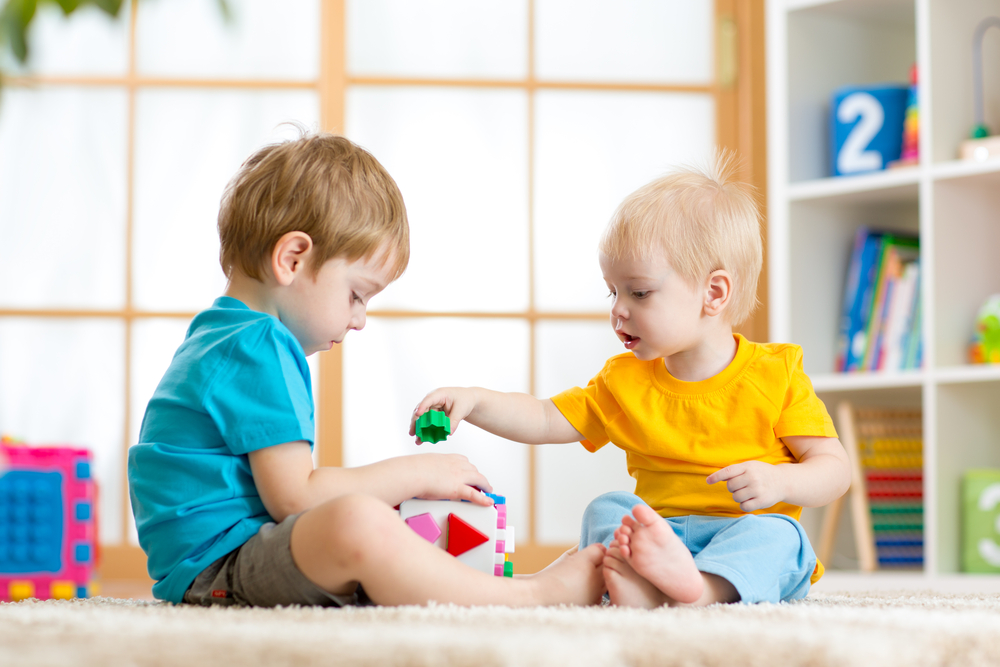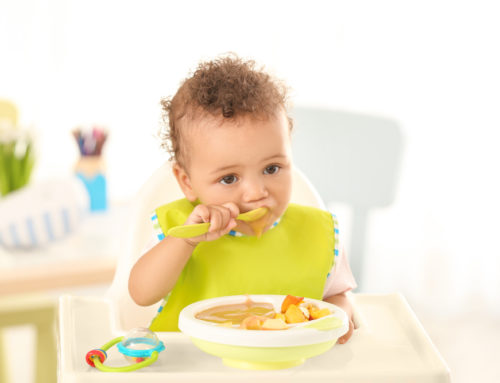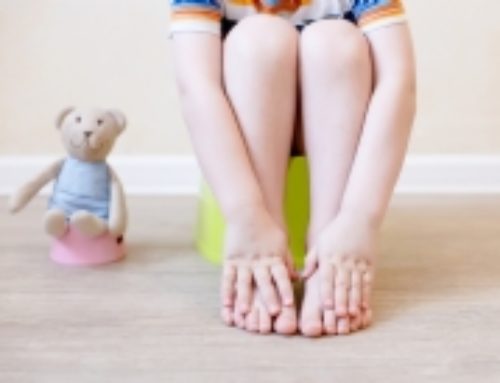If you and your child have been making regular visiting the local park, library or playground this summer, chances are those experiences have led (or will soon lead you) to your first playdate. A rite of passage, these get-togethers are an essential part of new parenthood that not only help foster your child’s development, but that also benefit adults.
“Play dates for parents are a great way to connect with other parents that you probably be engaging with over the next several years in many different situations,” says Kerry Anastasi, owner of Tumbling Tunes (www.tumblingtunes.com) in East Northport, NY. “For the child, play dates help teach them valuable lessons in social behavior, as well as letting them test out different personalities that will guide their future friendships.”
Of course, the prospect of having your child’s first friend over may sound great, but not all playdates run smoothly. Whether you already have a few playdates under your belt and could use a few pointers for future outings or are a newbie mom who’s ready to host her first kiddie get-together, consider these tips from parenting experts that know what works—and what doesn’t.
Putting it Together
If you are planning to have a playdate in your home, calling or texting the mom you just exchanged numbers during Mommy & Me is the easiest way to send out an invite. But, experts say, don’t plan to invite your child’s entire class just yet. When deciding how many children to invite, Anastasi recommends using your child’s age as general rule of thumb. “Children under [age] three tend to parallel play…so it’s really up to the parents to decide if they would like to have more than one child over at a time,” she advises. For ages three to five, when kids start to make friends and interact with others a bit more, go for the one-on-one playdate.
Your child and one friend are also the makings of an ideal playdate according to Dr. Thomas Phelan, a clinical psychologist that has worked with young families for over 35 years (www.123magic.com). “It’s a lot easier to manage and it simplifies the social interaction for the child,” he says. Phelan also recommends extending the invitation to the child, sans mom or dad. “Anxious parents will soon enough let you know if they want to come over and hang around,” he adds.
When deciding on the best time of day, insiders agree that late mornings are ideal for young kids, especially for those that may not have given up their afternoon naps yet. “Generally, the younger the child, the shorter the play date should be,” offers Anastasi. She suggests an hour for under-two-year-olds and between two and three hours for the older crowd.
As for the agenda, experts say keep it simple, letting the kids take the lead. “The biggest trick is to avoid interference and over-parenting,” says Phelan. “Think about this way: Your child has all these cool books, toys, games…a large portion of which the other youngster has never seen. Who needs a parent? Enjoy watching the children work out what they are going to do.” Of course, if you notice a shift in the children’s behavior, it may help to introduce a short activity like a craft or a snack to change things up.
Managing a Meltdown; Moving On
Even with the best laid plans, playdates can sometimes take a turn for the worse. If it’s your home and the other parent is not present, it’s up to you to step in and handle the situation swiftly, yet firmly. “You want to model correct behavior and come up with an acceptable solution for both children,” says Anastasi. “For example, if they are having an argument over a toy that they each want to play with, you should give them a choice: They can each take a turn for a set amount of time, or they can choose something completely different to play with.” If a meltdown persists and your child is the culprit, it may be best to call it a day if things are not improving even after a short break.
For playdates that are coming to a sweet, successful finish, be sure to give the kids a brief head’s up, so they’ll be better prepared to wrap up. Encouraging the kids to put away any toys or cleaning up their snack lets everyone take part in the responsibilities of hosting. If your child is the one being picked up, be sure to have them thank their host and friend before heading home.
It won’t be long before you and your child is being invited to their next playdate!




